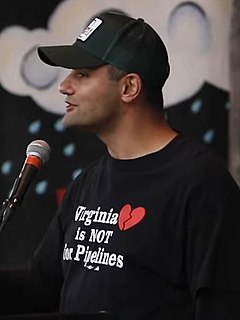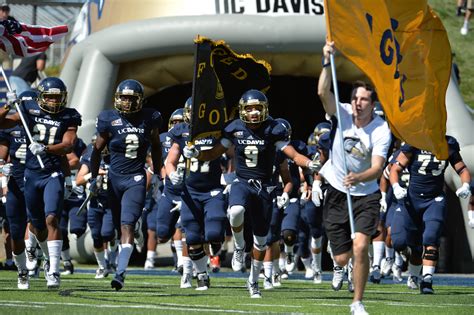A Quote by Deborah Tall
Individualism and mobility are at the core of American identity
Quote Topics
Related Quotes
'Rugged individualism' has meant all the 'individualism' for the masters, while the people are regimented into a slave caste to serve a handful of self-seeking 'supermen.' America is perhaps the best representative of this kind of individualism, in whose name political tyranny and social oppression are defended and held up as virtues; while every aspiration and attempt of man to gain freedom and social opportunity to live is denounced as 'un-American' and evil in the name of that same individuality.
If we return to the two faces of individualism - individualism as the spur of energy, initiative, and imagination; and individualism as the limitless struggle of all against all - it can be seen how the two practices emerge from and limit the extend of the disequilibrating impact of the contradiction involved in the geocultural agenda.
For me upward social mobility is possible through talent and hard work and is a glowing endorsement of the benefits of living in a modern capitalist society. It's not so much evidence of a meritocracy, as evidence of healthy nepotism. Nepotism is at the core of a good group dynamic. A good group dynamic is at the core of rock'n'roll.
What happens with identity politics sometimes is there's a competition among the oppressed: You're more oppressed than me and if not, then unfortunately you may not receive as much attention. What we need to do is make sure we're focusing on what our core American values are, and ensure that everyone feels as though we are in this together.
What does it mean to be an American today? The question of that is always pointing at now. It allows someone to say what lens that will be through. A lot of my work has been about identity in different ways. Part of that for me falls into the question of gender identity certainly but also about what it means to be an American theater artist.
The identity of just one thing, the "clash of civilization" view that you're a Muslim or a Hindu or a Buddhist or a Christian, I think that's such a limited way of seeing humanity, and schools have the opportunity to bring out the fact that we have hundreds of identities. We have our national identity. We have our cultural identity, linguistic identity, religious identity. Yes, cultural identity, professional identity, all kinds of ways.






































